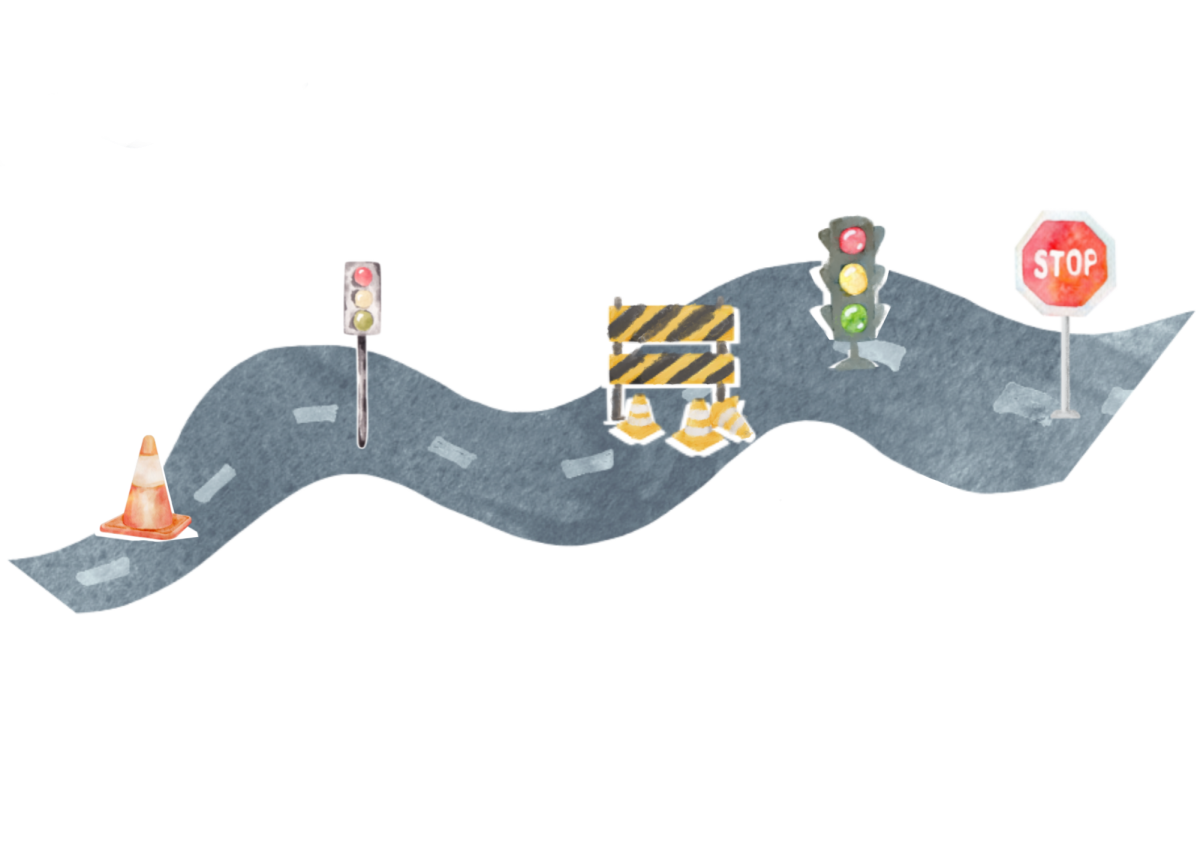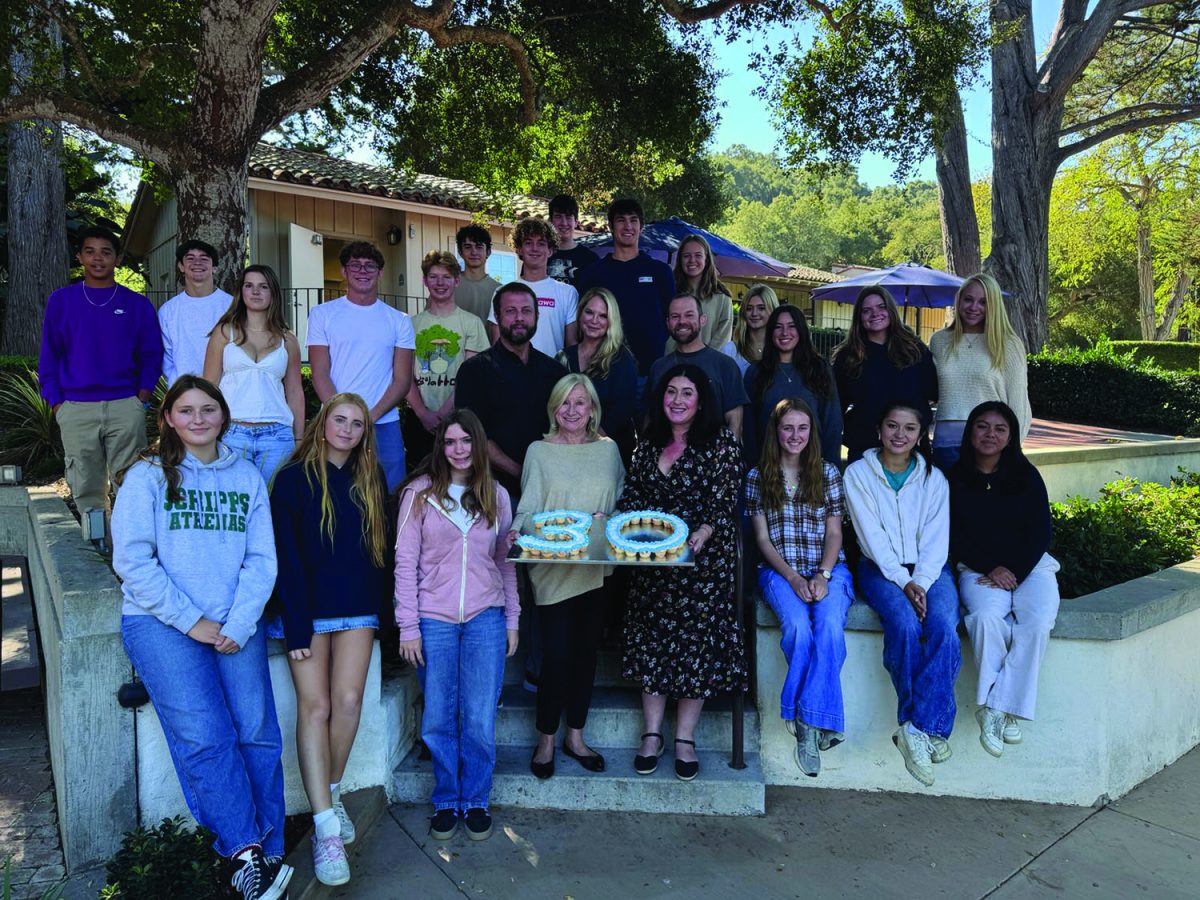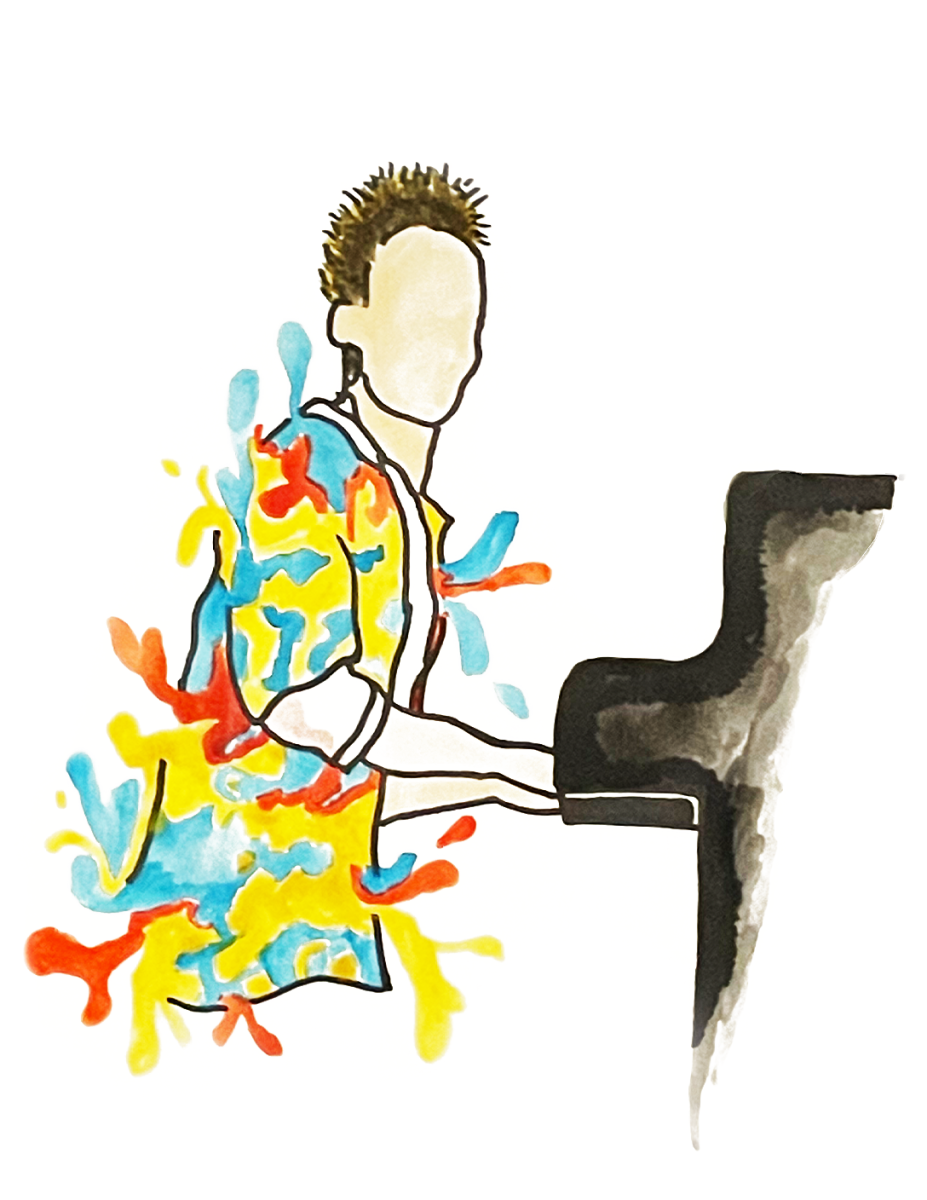Artificial intelligence (AI) large language models are more powerful than ever, with ChatGPT now having more than 1.7 trillion parameters.
Free models are available everywhere, giving people access to this extremely powerful technology. Academic institutions are also beginning to implement it. Colleges nationwide increasingly use AI tools to review transcripts, analyze essays, and conduct interviews.
According to a September survey of more than 400 educational institutions by Intelligent.com, 82% said they will use AI in admissions to evaluate upcoming applications. Some admissions officers see AI as an excellent tool for automating this tedious process.
“Most institutions are now using or intend to use AI to evaluate students’ applications, including essays, transcripts, and recommendations. … Bottom line: A lot of the admission process is rather ‘mechanical’ even without AI,” said Diane Gayeski, a professor at Ithaca College.
However, Director of Admissions, Joyce Balak, sees some drawbacks to the inhuman nature of an automated review process and fears that admissions officers may miss essential details.
“If you’re really looking at applications from the holistic review—meaning that you’re looking not only at their grades and test scores but the activities, what personal attributes they have—those things might get missed,” Balak said. “In the application, schools, not only art schools but certainly the universities, are looking to balance their classes with a range of gifts and talents that kids bring to your school.”
The holistic review is what has people most concerned about AI use in college applications.
“The use of AI in reviewing applications scares me. I want my essay to be read by an actual human being, not some algorithm,” said senior Rio Valle. “That’s the thing. AI reduces people from well-rounded humans to numbers and sentiment analysis.”
Despite the skepticism, AI may be too convenient to ignore. Many colleges receive hundreds of thousands of applications, and AI offers desirable benefits.
As this technology improves, the landscape of college admissions will continue to change, and students must be aware. While small colleges might remain unchanged, larger institutions will rely further on automated tools, and the potential implications of this shift remain unknown.

































